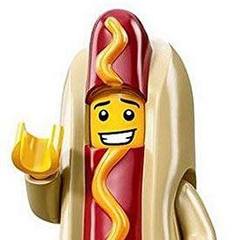-
Featured Topics
-
Topics
-
0
-
1
-
INotPablo ·
Posted in CPUs, Motherboards, and Memory6 -
Marie Rose ·
Posted in Cases and Mods5 -
4
-
HayLo995 ·
Posted in Storage Devices4 -
8
-
Mortal_2077 ·
Posted in Displays3 -
Brexy9 ·
Posted in Power Supplies2 -
Brexy9 ·
Posted in Graphics Cards1
-



















Create an account or sign in to comment
You need to be a member in order to leave a comment
Create an account
Sign up for a new account in our community. It's easy!
Register a new accountSign in
Already have an account? Sign in here.
Sign In Now